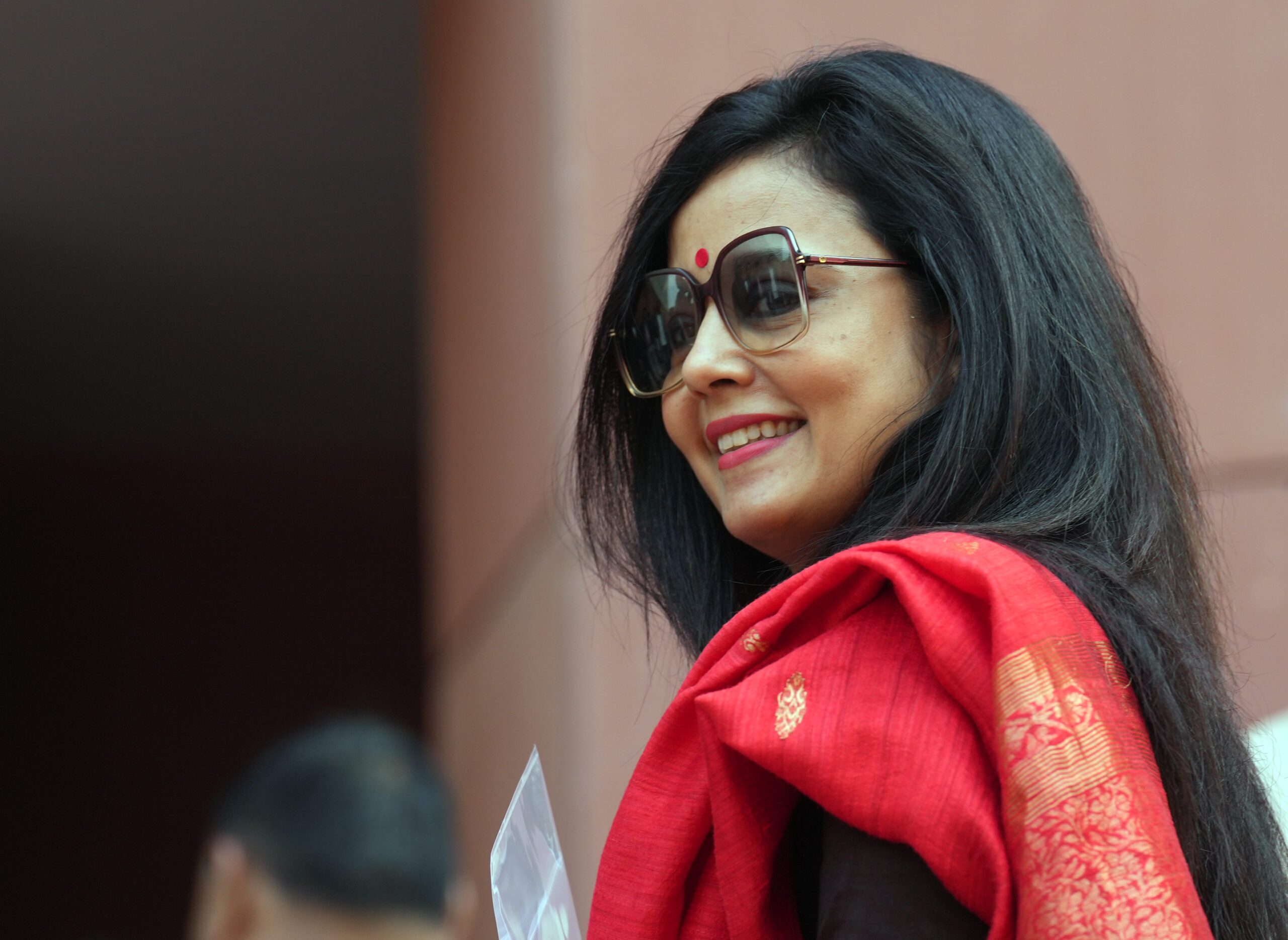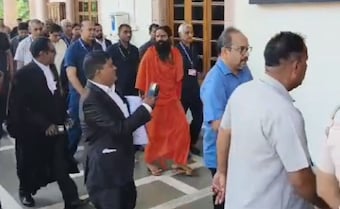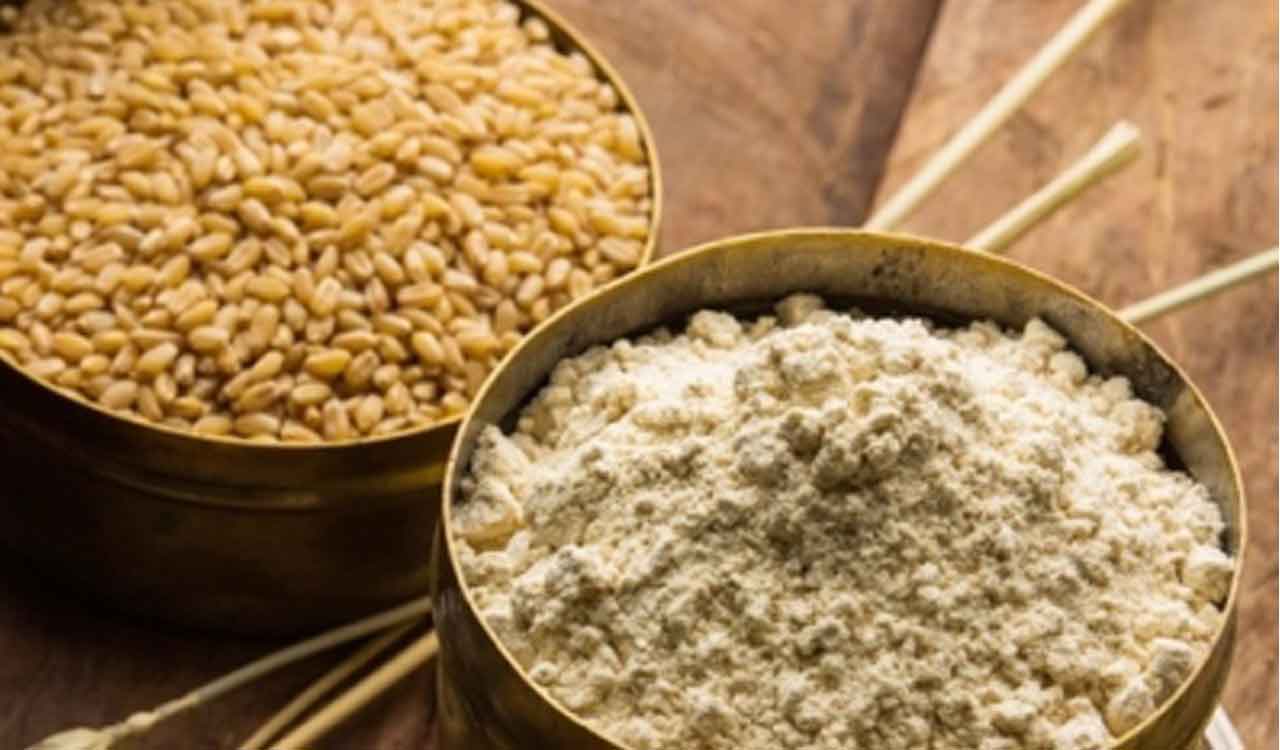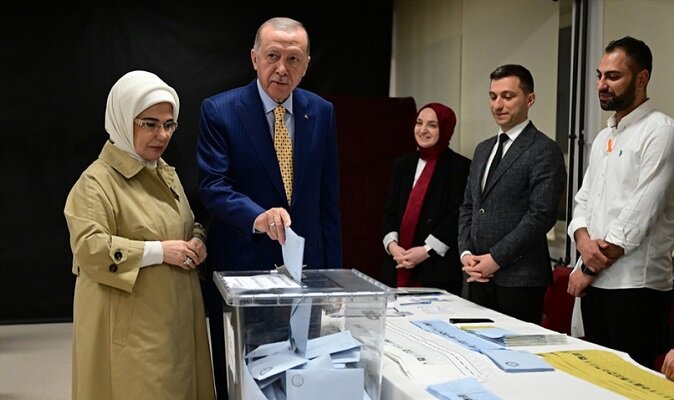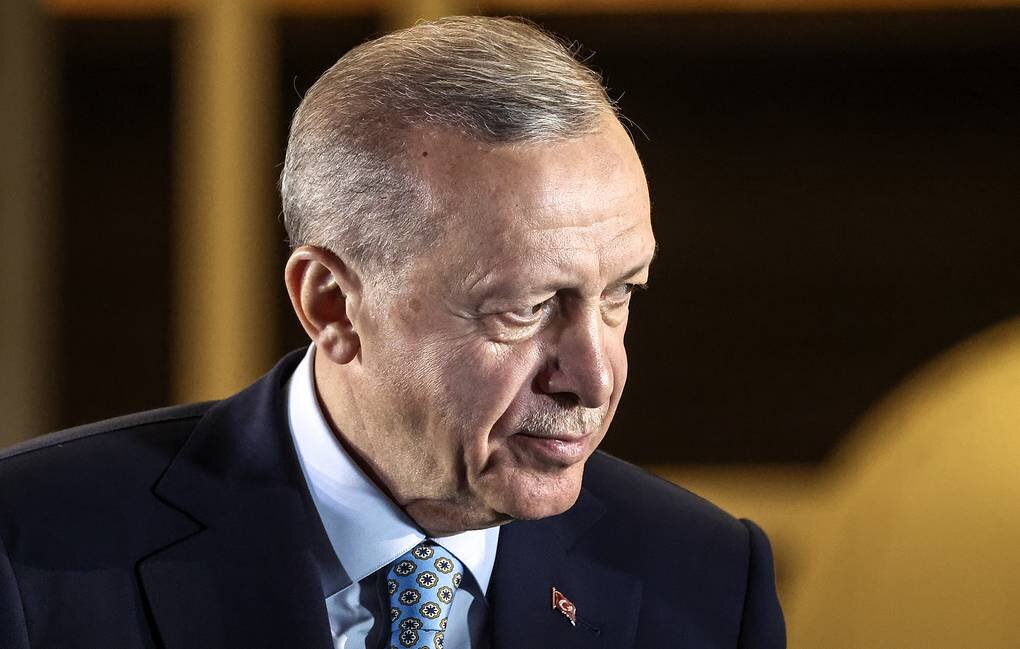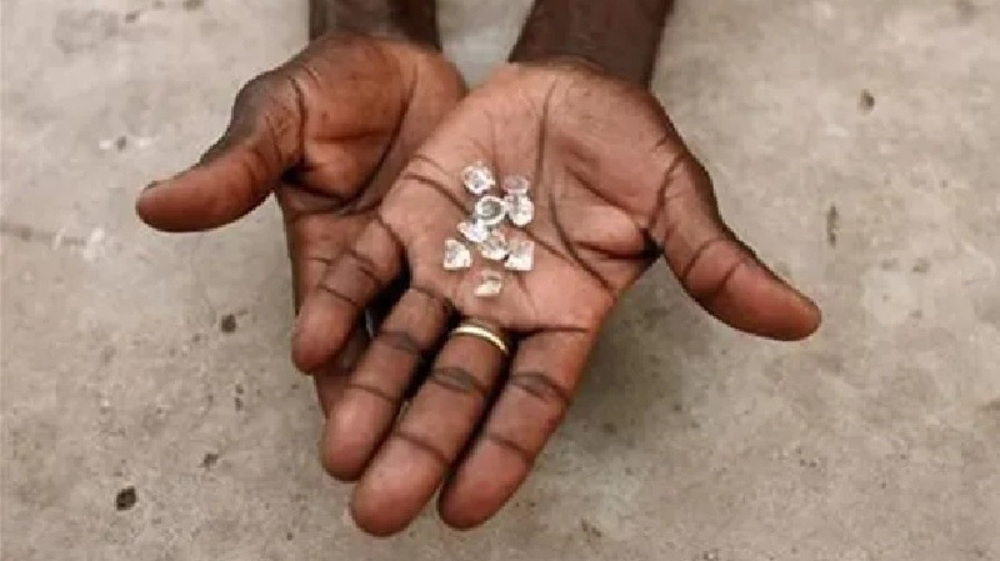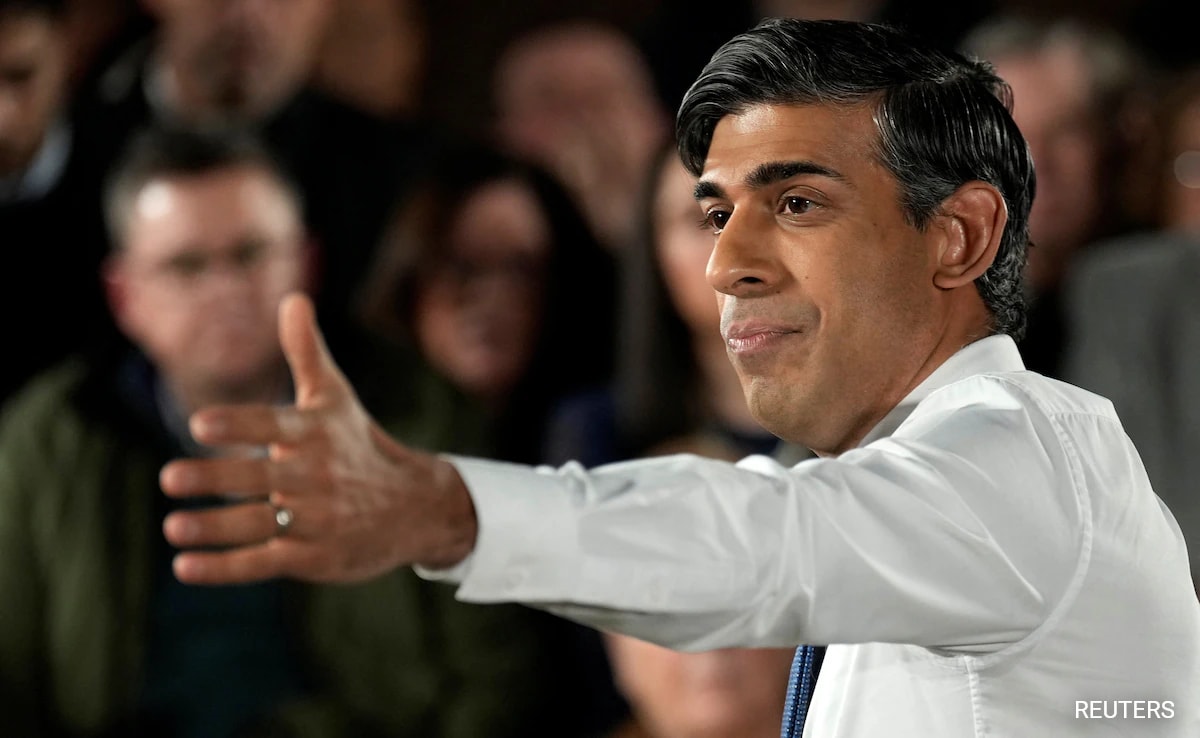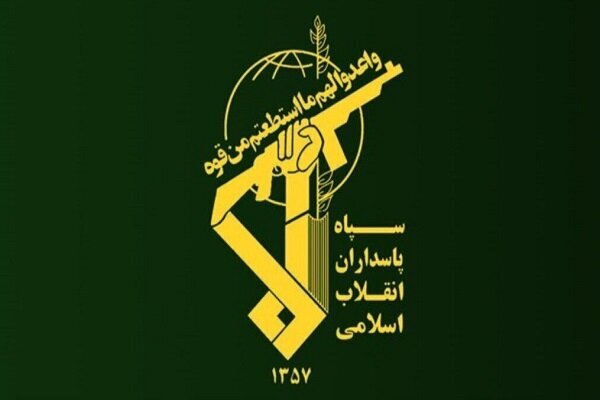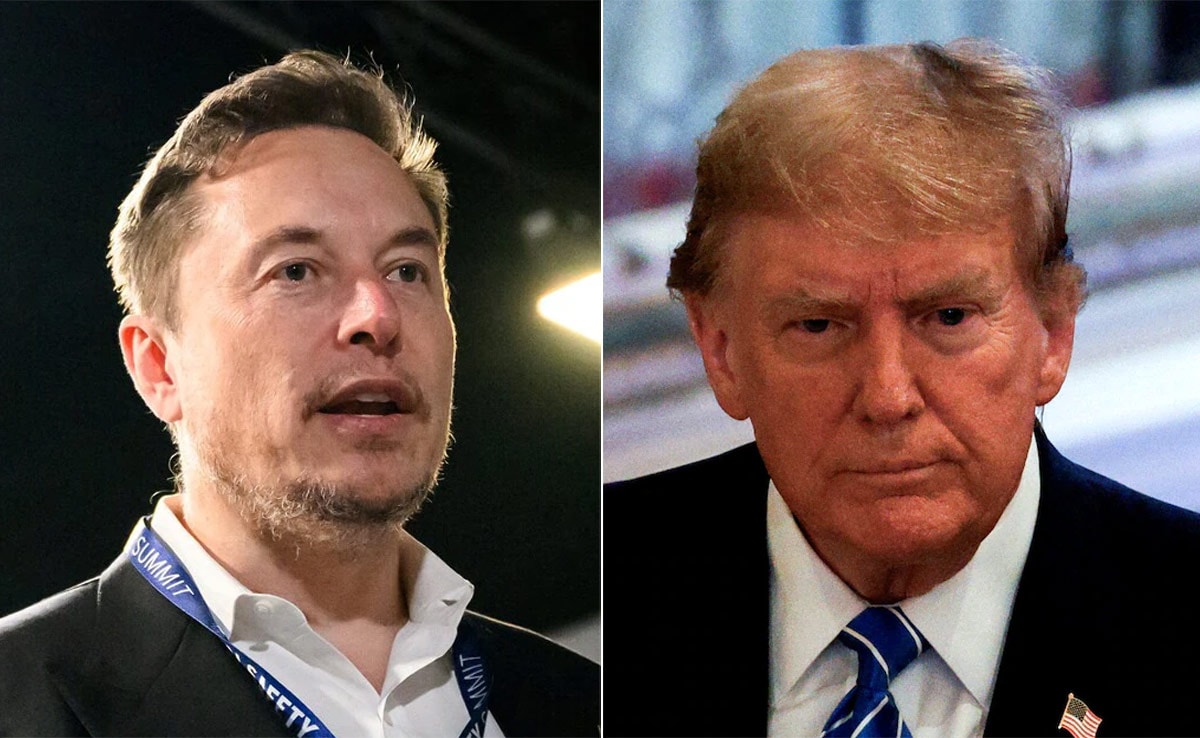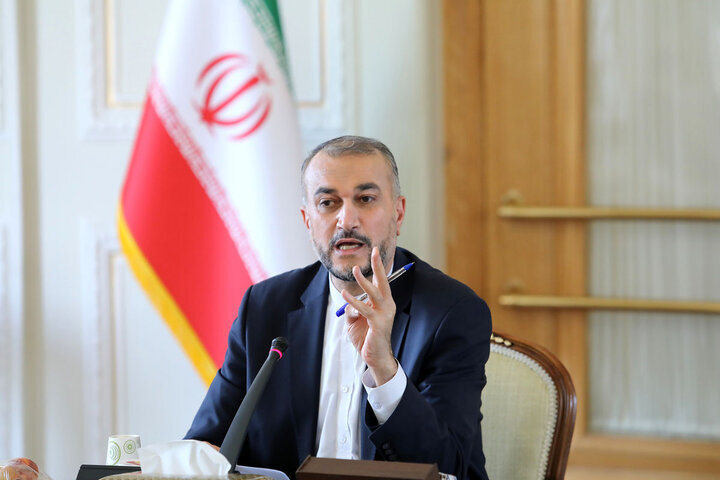Israeli blood diamonds, mined in Africa, cut and polished in Israel, are exported worldwide. The proceeds are used to sustain the Israeli economy and finance illegal settlements and genocide in Gaza.
The history of the diamond industry and its links to the Zionist entity
The diamond industry is vital to the Israeli occupation’s economy since diamonds are Israel’s biggest export product.
In fact, the Zionist entity ranks in the top five countries in the world for diamond exports, despite Israel not having a single diamond mine; so where does Israel get its diamonds? And how does this industry contribute to Palestinian dispossession?
The diamond industry in Israel goes back to before the Nakba in 1948. Israeli diamond tycoons have long been involved in exploiting resource rich African countries.
Extracting their rough diamonds in corrupt deals, the diamonds are then sent to the Zionist entity where they are cut and polished before being sold to markets in Europe, the United States, and Hong Kong and beyond.
Dan Gertler, who has become a billionaire through his deals in the Congo, is one of the most prolific and notorious Israeli diamond tycoons. Gertler comes from one of Israel’s long established diamond families. His grandfather, Moshe Schnitzer, was a founding member and the first president of the Israel Diamond Exchange in 1947.
Gertler first appeared in the Congo in 1997, where he was able to gain a monopoly on the country’s diamond industry through a deal he made with Congo’s president at the time, Laurent Kabila. Gertler acquired the monopoly in exchange for providing $20 million to Kabila to help his war efforts during the second Congo War.
Gertler lost his monopoly in 2001 when Laurent Kabila was assassinated and his son Joseph Kabila assumed power. Despite their friendship, the new Congolese president was pressured to end Gertler’s monopoly.
Gertler’s company only paid $3 million out of the $20 million that were promised. A 2001 UN report concluded that Gertler’s monopoly had encouraged smuggling and resulted in a significant loss of tax revenue for the Congo.
However, the loss of the diamonds monopoly was only a minor setback for Gertler. The tycoon was able to make a new arrangement where he could buy stones from Congo’s state owned diamond miner. Gertler also began to expand his operations, taking advantage of Congo’s copper and cobalt industries, which are notorious for the use of child labor and other human rights abuses.
Gertler has been sanctioned by both the Trump and Biden administration in the US because of corruption allegations.
Today, Gertler holds ownership in two construction companies registered in Canada called ‘Green Park’ and ‘Green Mound’, which have been used as fronts for the construction of illegal Israeli settlements in the West Bank.
So in addition to exploiting the Congo to help build his own fortune, as well as the Israeli economy, Gertler is also directly associated with the expanding occupation of Palestinian land in the West Bank.
Could you expand on how Dan Gertler became so close to the Kabila family, and why he was able to take control of so many of Congo’s natural resources?
Dan Gertler befriended a person close to the president of the Congo, his son Joseph Kabila. Laurent-Désiré Kabila, who took power in 1996, was the president who toppled the Mobutu regime, but when he took power, he had challenges.
After the second war started in 1998 he had challenges in buying weapons so, through connections, his son was able to bring them [the weapons] and he facilitated the weapon sales, as documented in UN reports.
Gertler supported the Kabila regime in purchasing weapons, by making that deal that gives him access really to power. I mean, he’s connected directly to the president and he was able to deliver on that. What Gertler wanted was, really, the control of Congo’s diamond trade, that’s something that his family is into, and that’s something he’s also into.
So he took control of the diamond trade around that time and then he moved on to other things, such as getting mining assets and so on, but that’s really how he connected to the Kabila regime and how he was able to gain access to the president to control the diamond industry.
Kambale Musavuli, Analyst, Center for Research on Congo
David, how does the extraction of rough diamonds from African countries contribute to the economic prosperity of the diamond industry in Israel?
Well, I mean, it’s strange, isn’t it? Because you would think that there wouldn’t be a large diamond industry in Israel because there are no diamond mines.
But of course, the diamonds come from Africa, mainly, some other places too, but mainly from Africa, and they contribute by the fact that the diamonds are taken from Africa, expropriated if you like, and then they’re cut and polished and preserved, presented into the relevant jewels and stones for almost zero and that’s what gives them their value to the economy of Israel.
If the diamonds were removed from the economy, then the economy would likely crash and so it’s a very significant contributor to the stability, the economic stability of Israel.
So it’s a real issue for them to continue to exploit and expropriate these diamonds from African countries.
David Miller, Academic
Please elaborate on the role of corruption in the diamond trade between Israel and African nations, particularly in the context of Gertler’s dealings in the Congo.
The Israelis are at the center of the diamond trade around the world, they control the diamond trade from Antwerp to Tel Aviv, and then it finds its way all around the world. So what Israel is able to do is sanitize blood diamonds, but not only that, the proceeds of diamond sales by those who are engaged in it are supporting the illegal settlements in Palestine.
Now I’ll use the example of Dan Gertler, for example, who has made billions of dollars in diamonds and other dealings in DRC. But the money that he has accumulated, he has invested in two Canadian companies, construction companies, who are building illegal settlements in the West Bank.
Now that’s been already documented, but how did he make his money? In the diamond trade and all the mining operations that he’s doing in DRC, so Israel pretty much sanitizes the illegal dealings across the African continent as some of the Israelis who are engaged in this process, such as that of Gertler, are getting access to corrupt leaders and able to have corrupt deals as documented by the US Department of Justice.
Kambale Musavuli, Analyst, Center for Research on Congo
How does Gertler’s ownership of construction companies in Canada tie into the expansion of illegal settlements in the West Bank?
These things sound complicated, don’t they? but they have been using these companies as fronts for a building settlements in the West Bank in the Palestinian village of Bil’in.
There’s been campaigning against that, and pushback against that. It’s not clear if those building continue or if he is involved with other settlements. And the reason it’s not clear is because he has hundreds, and hundreds, of different companies and shell companies.
He is named, I think, over 200 times in the Panama Papers, and it’s not clear where the money goes and what’s being done with it. It would seem likely, because of the complexity of his and secrecy of his financial affairs, that he is still involved in the building settlements, but we don’t know exactly where and how much.
David Miller, Academic
The US administrations under Trump and Biden both set sanctions against Gertler due to allegations of corruption, what impact, if any, did those sanctions have on his operations?
It’s been very frustrating watching this case Dan Gertler was sanctioned under the Trump administration in 2017. This was through some of the Secretary of Treasury’s office, some of the staffers there who have been following what is happening and specifically around some of the mining deals he has done in DRC.
What he does, he gets mines through corrupt dealings in DRC and sells it a penny on the dollar on the international markets. And then the money that you get from it is siphoned out to leaders in DRC, particularly, the former president of the Congo, Joseph Kabila, and now the fees advisor. The US sanctioned him under Trump, but right before Trump left power through some of his lawyers and contacts, Gertler was successful at getting Trump to remove him from the sanctions list just days before he left power.
And one of his lawyers is Alan Dershowitz. Not many people know him in the United States, but they don’t even know that Alan Dershowitz was the lawyer for the New Yorker dealing with Donald Trump. He was also Donald Trump’s lawyer for his impeachment case. But after he was removed, before Trump left power, weeks after Biden took power, we saw a shift where Biden put back the sanctions against him but lately, as documented now in African Intelligence, there seems to be confusion within the US administration, where they are trying to remove him from the sanctions.
The impact of the sanctions is that it stops him from having access to the US dollar. So his bank accounts are frozen, but he’s able to circumvent that very easily. One of the companies allowing him to circumvent that is ‘Glencore’, a Swiss company.
This company provides cobalt to a US company called Tesla that makes electric vehicles but the way he was documented by one of the human rights organization is that Glencore, specifically, is making payments to him in Euros and not US dollars to be able to circumvent the sanctions but he’s been at it for a while, and it’s problematic that the US is actually thinking about removing the sanctions.
In principle, I don’t support the unilateral position of the US sanctioning countries whenever they choose to, but for the case of Dan Gertler, [the] Congolese know what he has done to destroy our country.
So we support the sanction and we understand this is a fight amongst the elite and the Western nations who are trying to remove them, but it will not be allowed to continue to engage in corrupt dealings in DRC.
Kambale Musavuli, Analyst, Center for Research on Congo
Gertler has been sanctioned by the United States, but President Trump lifted those sanctions at one point, what was the background to that?
Under Trump, he was sanctioned because of his corruption, and this brings to mind the corruption allegations against Igor Kolomoisky in Ukraine where similar sorts of allegations were made.
And then what happened was that, in the dying days of his presidency, Trump pardoned him. And then immediately after that, there was a big backlash because he’s evidently very corrupt, and he was allowed a period before the sanctions were reinforced by Biden, there was a period where his money was unfrozen so we don’t know how much of the money was then extracted from the bank account, but when Biden came in he was sanctioned again, because it’s well recognized that this is effectively this is a mobster.
And so we have, again, a situation where an Israeli businessman is able to help the Israeli economy, even though his activities are regarded as being corrupt by the US, nevertheless there are forces in the US which will allow and facilitate that kind of corruption.
David Miller, Academic
Key players in the diamond industry
The global diamond industry is known for its various kingpins such as Lev Leviev, who like Dan Gertler is a citizen of Israel. However, unlike Gertler, Leviev was not born into one of Israel’s diamond families.
In 1956, Leviev was born to a poor Jewish family in Uzbekistan and moved to Israel when he was a teenager. When he left school, he began an apprenticeship learning to cut and polish stones. Leviev soon worked his way into the business of polishing rough diamonds.
At that time, the De Beers cartel, owned by the South African Oppenheimer family, had a monopoly on Diamond production. In fact, it was only with the assistance of De Beers that Israel’s diamond industry came into existence. But Leviev was keen to break De Beer’s monopoly on the world diamond trade.
By the 1990s, he’d made successful moves in Russia and Angola, both of which have large diamond mines, sourcing rough diamonds directly and without interference from De Beers.
Therefore, in addition to becoming a billionaire through his activities, Leviev was instrumental in bolstering Israel’s diamond industry, which has now become a rival to the De Beers cartel.
Leviev has also used his personal wealth to fund the ultra Zionist sect, Chabad-Lubavitch. Leviev and his family are firm supporters of Chabad and it has been reported that Leviev has personally donated tens of millions of dollars to the organization.
Chabad operates all over the world with over 500 offices, and it helps the lobby in fundraising on behalf of Israel, including for the Israel occupation forces.
Leviev’s support for fanatical Zionism doesn’t end there.
In 1996, Leviev took control of the Africa-Israel Investments holding company, whose fields of endeavor included real estate and construction.
One of its subsidiaries is deeply involved in the construction of illegal Israeli settlements in the West Bank. Africa-Israel also offers apartments and houses in settlements in the West Bank through one of its franchises.
The diamond trade is not only instrumental to Israel’s economy, and the expansion of its colonial settlements, but also to the Zionist armed forces.
In 2010, Israeli economist Shir Hever said that the Israeli diamond industry contributes about $1 billion annually to the Israeli military and security industries. He also said that every time someone buys a diamond that was exported from Israel, some of that money ends up in the Israeli military.
Consequently, some campaigners have labeled Israeli diamonds ‘blood diamonds’ and have called for them to be boycotted.
Could you elaborate on Leviev’s link to, and involvement with, the ultra Zionist sect Chabad, please?
Chabad is this secular outreach version of the Hasidic sect and they have hundreds of different countries that are involved with them all over the world and they’re Ultra-Zionists, so much so that they have opened their own offices in Gaza after October 7th and are involved in pushing forward the idea that it’s legitimate to kill Palestinian babies.
Even if you’re not going to kill the parents you can kill babies because they might look to threaten us in the future. Leviev is of course Russian and Chabad is organized in Russia, all across Russia, actually, which perhaps you wouldn’t expect. It’s organized even more densely in Ukraine, but in Russia, Leviev has supported many of the Chabad activities and is said to quite close to President Putin.
So there’s a real interesting position there that Chabad being a supporter of the Ukrainian government against Russia, Nevertheless, it’s been and remains still quite highly organized throughout Russia.
David Miller, Academic
How does the diamond trade contribute to the Israeli economy and its and its military industries?
There is a guy called Ben Steinmetz, who is involved in the diamond trade and he has a Steinmetz Foundation, which gives directly to the Israeli Defense Forces. So there’s a structural relationship there between elements of the diamond industry and the occupation forces in Israel itself.
So it’s part of the sort of structural relationship, really, not just the exporting economy of Israel, but also directly supporting the genocidal Israeli Defense Forces, so called.
David Miller, Academic
Leviev has a relationship with the Trump family, doesn’t he? What do you think that tells us?
Well, interesting, isn’t it because we’ve just been talking about Gertler having a relationship with the Trump family and so does Leviev. He, in fact, was involved in a deal with Trump’s son in law, Jared Kushner, who of course is an even more fanatical supporter of Chabad than Trump himself is.
The deal involved taking options on part of the old New York Times building, around 3 hundred million dollars. And so there are those kinds of connections there as well. Let’s remember that Jared Kushner was the unofficial point man, he wasn’t officially on staff at the White House but he had an unofficial role under President Trump, where he was in charge of the Abraham accords, which of course, is the normalization process between the Saudis, the UAE, Bahrain, and the Zionist entity itself. So there’s a kind of financial relationship as well there.
So the relationship between Kushner and the Saudis in financial deals, the relationship with various Israeli deals, including the Leviev one we’re talking about, this is an indication of the way in which that the Trump family is fundamentally embroiled in structural conflicts of interest with the whole question of Israel.
So it’s not just a question of what we might think about Israel, of course, they’re fanatical Zionists, but also that they are deeply involved in financial wheeling and dealing and probably irregularities in relation to the whole normalization agenda.
David Miller, Academic
What does this say about US democracy when characters like these super rich people have this kind of influence?
It’s a farce, of course there is no democracy in the US, and it’s a jockeying system which is even worse than the system in the UK, which is saying something.
The whole issue here is that, you know, if you have Biden, you have a deeply pro Israel, genocidal policy. If you have Trump, you have a deeply pro Israel genocidal policy.
There are differences, of course, in particular in financial relationships, but the differences are small.
David Miller, Academic
Who is the lesser of two evils for US president on foreign policy?


